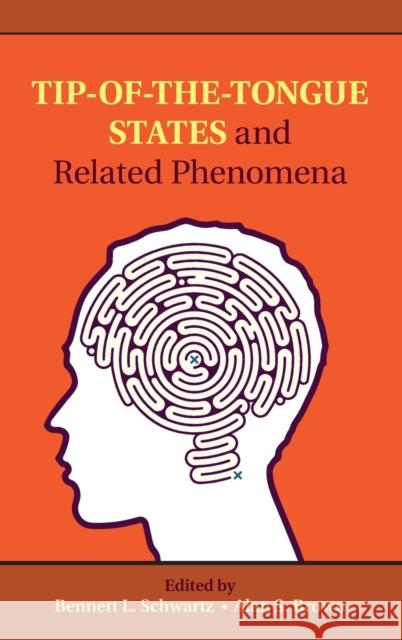Tip-Of-The-Tongue States and Related Phenomena » książka
Tip-Of-The-Tongue States and Related Phenomena
ISBN-13: 9781107035225 / Angielski / Twarda / 2014 / 363 str.
Tip-Of-The-Tongue States and Related Phenomena
ISBN-13: 9781107035225 / Angielski / Twarda / 2014 / 363 str.
(netto: 333,01 VAT: 5%)
Najniższa cena z 30 dni: 345,46
ok. 16-18 dni roboczych.
Darmowa dostawa!
When the memory retrieval process breaks down, people wonder exactly why and how such a thing occurs. In many cases, failed retrieval is accompanied by a tip-of-the-tongue state, a feeling that an unretrieved item is stored in memory. Tip-of-the-tongue states stand at the crossroads of several research traditions within cognitive science. Some research focuses on the nature of the retrieval failure. Other research tries to determine what tip-of-the-tongue states can tell us about the organization of lexical memory that is, what aspects of a word we can recall when we are otherwise unable to do so. Still other research focuses on the nature of the experience of a tip-of-the-tongue state. Each of these perspectives is represented in this book, which presents the best theoretical and empirical work on these subjects. Much of the work is cross-disciplinary, but what unifies the topics in this book is that they concern strong phenomenological states of knowing that are not accompanied by recall or recognition of the desired information."











